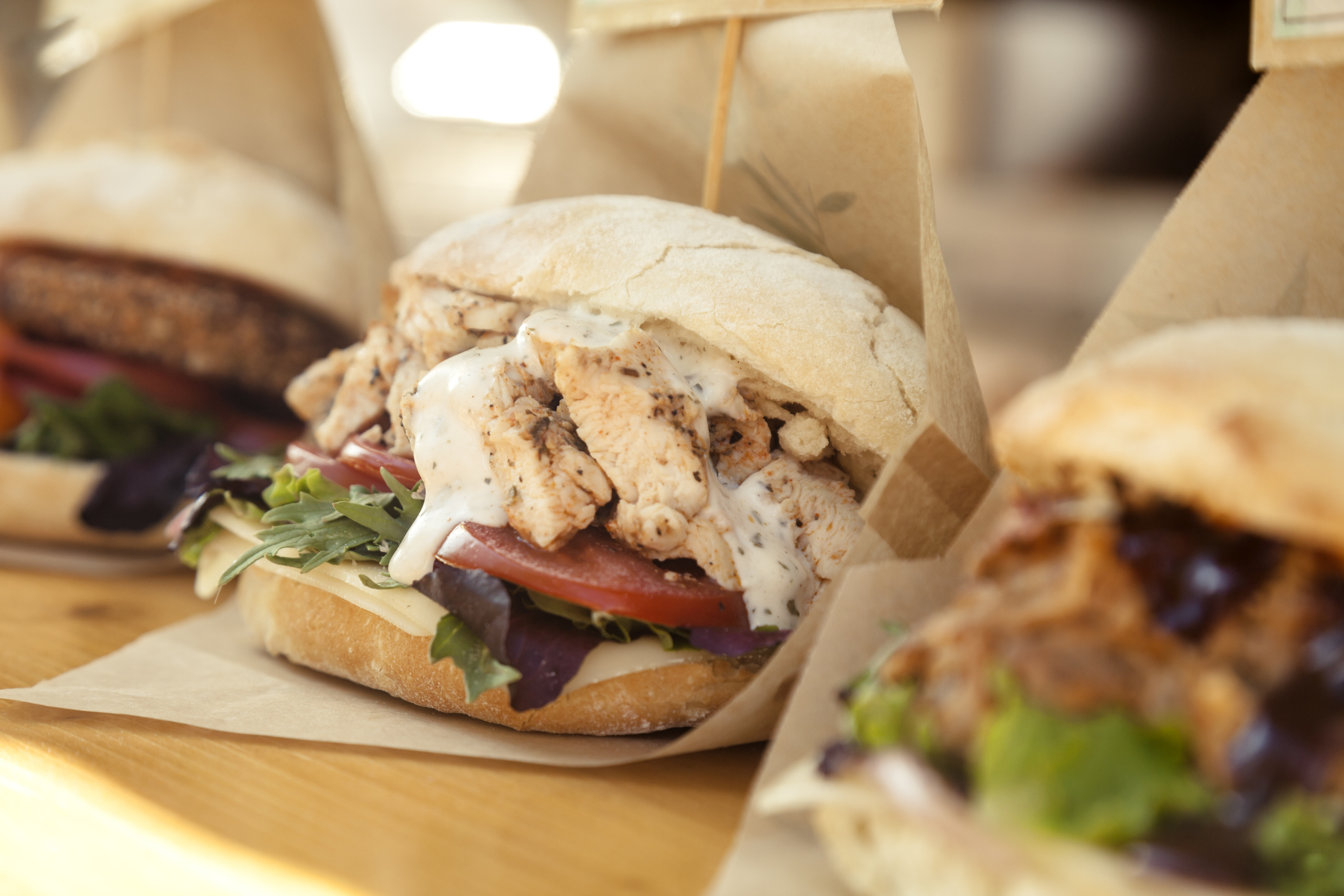Government delays HFSS advertising ban

The Government is delaying the 9pm watershed ban on TV and online advertising for foods high in fat, salt and sugar (HFSS) to 2025.
This marks the second time the ban has been pushed back. The policy was originally supposed to come into play in January 2023 alongside a ban on promotional deals like ‘buy one get one free’, but earlier in May, former Prime Minister Boris Johnson announced its implementation would be delayed until 2024.
While advertising restrictions won’t be enforced now for another three years, the ban on multi-buy offers is still expected be employed in 2023.
The delay has drawn much criticism from public health campaigners, with some saying it will mean the most deprived communities in the UK will continue to be drawn towards unhealthy food.
Chris Askew, Chief Executive of Diabetes UK said: “Delaying action will disproportionately impact the lowest income households, who have less access to healthy food and are targeted by a greater amount of advertising of unhealthy food.
“The Government’s shameful decision to delay these vital measures means that people living in the most deprived areas will continue to be pushed towards unhealthy options, further entrenching the health inequalities that exist in rates of type 2 diabetes and obesity in England.”
Others have condemned the lack of justification for the delay. Katharine Jenner, Director of the Obesity Health Alliance said: “Delaying junk food advertising restrictions is a shocking move by the Government, with no valid justification to do so, other than giving a flimsy excuse that businesses need more time to prepare and reformulate.”
News of the decision comes as a recent study from the British Medical Journal shows that the UK (alongside Canada) is seeing the most rapid increase in cases of Type 2 Diabetes in young adults worldwide.
“Research shows restricting junk food adverts on TV and online would significantly reduce the number of children with excess weight”, continues Jenner.
“This is the action of a government that seems to care more about its own short-term political health than the longer-term health of children. We urge Rishi Sunak to reverse this attack on child health and to shorten the delay to 2024, to at least give children a better chance to grow up healthy.”
Professor Graham MacGregor, Professor of Cardiovascular Medicine at Queen Mary University of London and Chairman of Action on Sugar and Action on Salt added:
“This news is hugely disappointing and goes against all the overwhelming evidence and public support in favour of it. The only people to benefit from this baseless delay are the multinational food companies who are used to making huge profits from their unhealthy products and do not have a vested interest in the nation’s health.
“This has been orchestrated by a government which clearly has no intention of levelling up or committing to its promises in protecting the nation’s health from the devastating effects of unhealthy diets high in saturated fat, salt and sugar. This is the biggest cause of death and disability globally and costs the UK more than £100 billion (combined) annually.”
Despite the Government’s continual delay to implementing the policy, more than 80 local authorities across Britain have started considering bringing in their own advertising bans. Transport for London has also had a junk food advertising ban in place since 2019, which has been hugely successful in reducing obesity cases in the capital, according to recent studies.
Earlier this year, ‘Big Four’ supermarkets Tesco and Sainsbury’s also announced they would still go ahead with a ban on all multi-buy promotions for HFSS products, which came into effect at the end of October.









